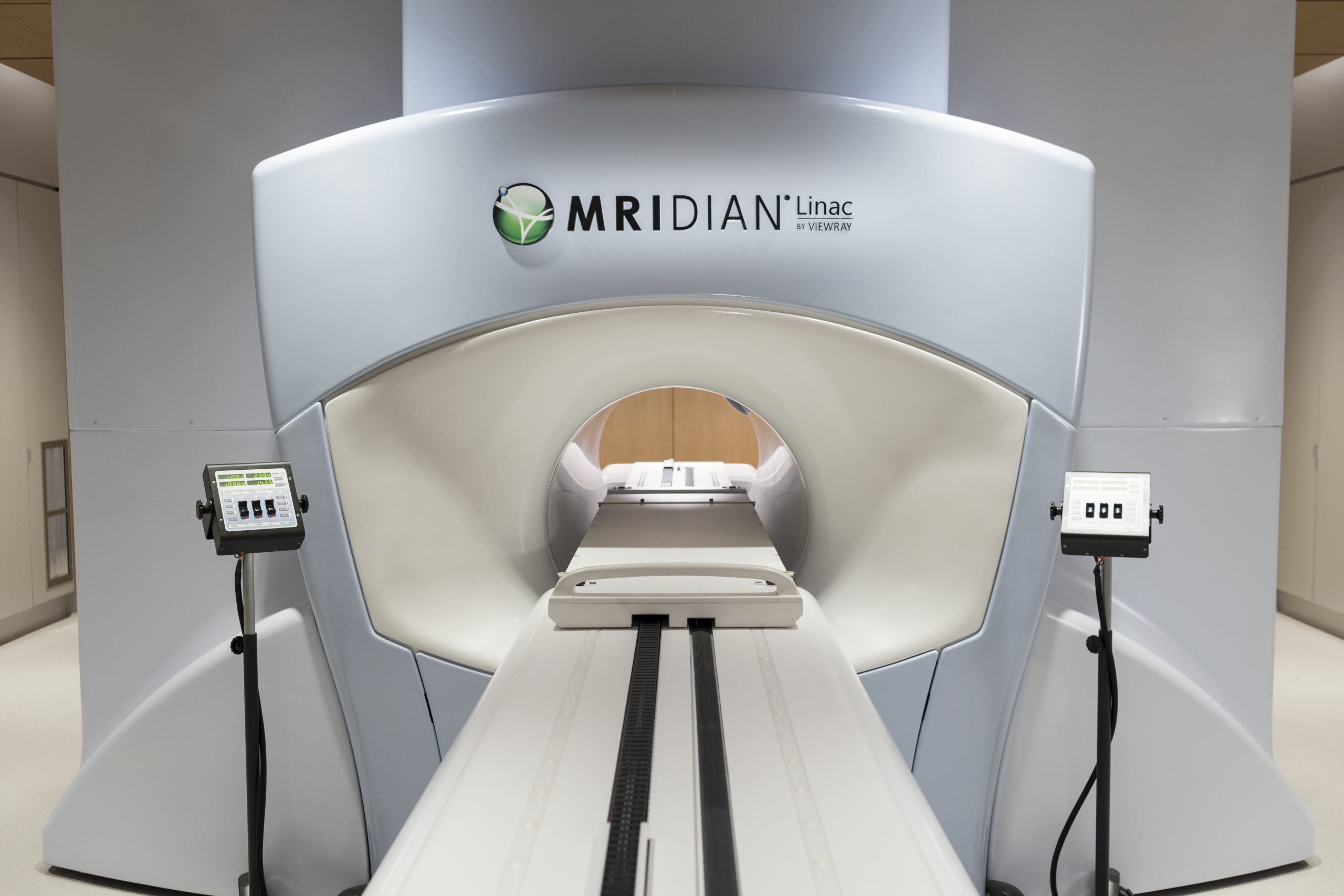Radiotherapy for prostate cancer
Men with prostate cancer may choose radiation therapy instead of surgery. It may also be used after surgery to destroy any cancer cells that remain in the area. In men with advanced prostate cancer, radiation therapy may be used to help relieve pain. Radiation therapy uses high-energy rays to kill cancer cells. It affects cells only in the part of the body that is treated. Doctors use two types of radiation therapy to treat prostate cancer.
External beam radiotherapy (machine outside the body):
The radiation comes from a large machine outside the body. The radiation beam has to travel through your bladder and your rectum to get to your prostate. Because of this, some men experience urinary frequency and burning and some diarrhoea for a few months. Computers are used to more closely target the prostate. Techniques are used, such as intensity-modulated radiation therapy, proton radiation therapy, and 3-dimensional conformal radiation therapy are to limit damage to healthy tissue.
Traditionally, treatments are usually 5 days a week for either 4 weeks (intermediate risk prostate cancer) or 7 weeks (high risk prostate cancer) and are given in conjunction with hormone therapy for either 6 months (intermediate risk) or 2 years (high risk).

Oxford is one of the few sites in the country offering MRI guided radiotherapy. This provides real-time imaging during treatment, reduces the treatment to 5 days, and offers more accurate targeting.
Hydrogel spacers protect adjacent structures

Radioactive material inside the body (brachytherapy):

The seeds give off radiation for months. The seeds do not need to be removed once the radiation is dissipated. The hospital stay for this procedure is usually just one night at the most. Side effects are low but it can affect the waterworks, cause irritation to the rectum and some men will become impotent.



